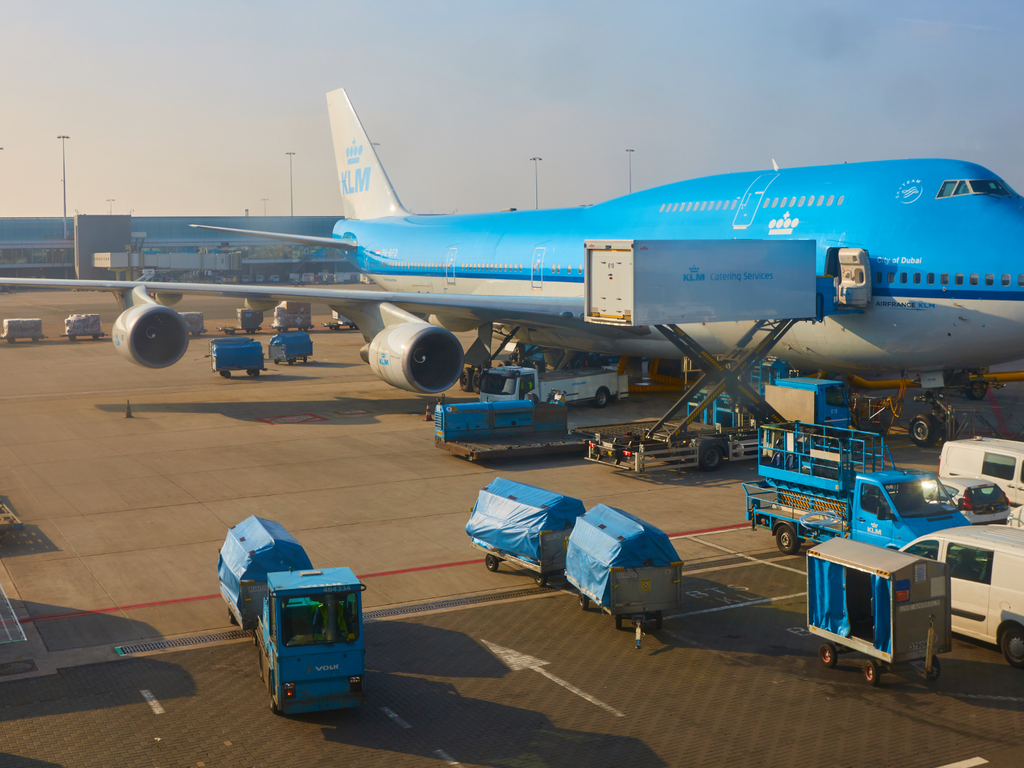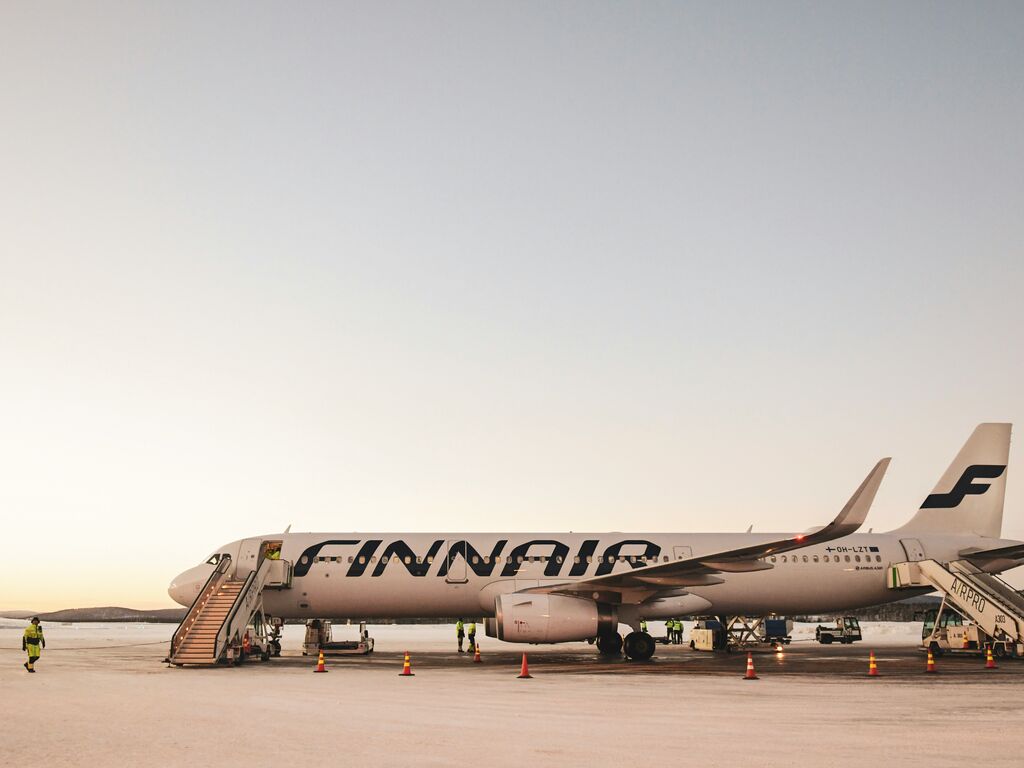News
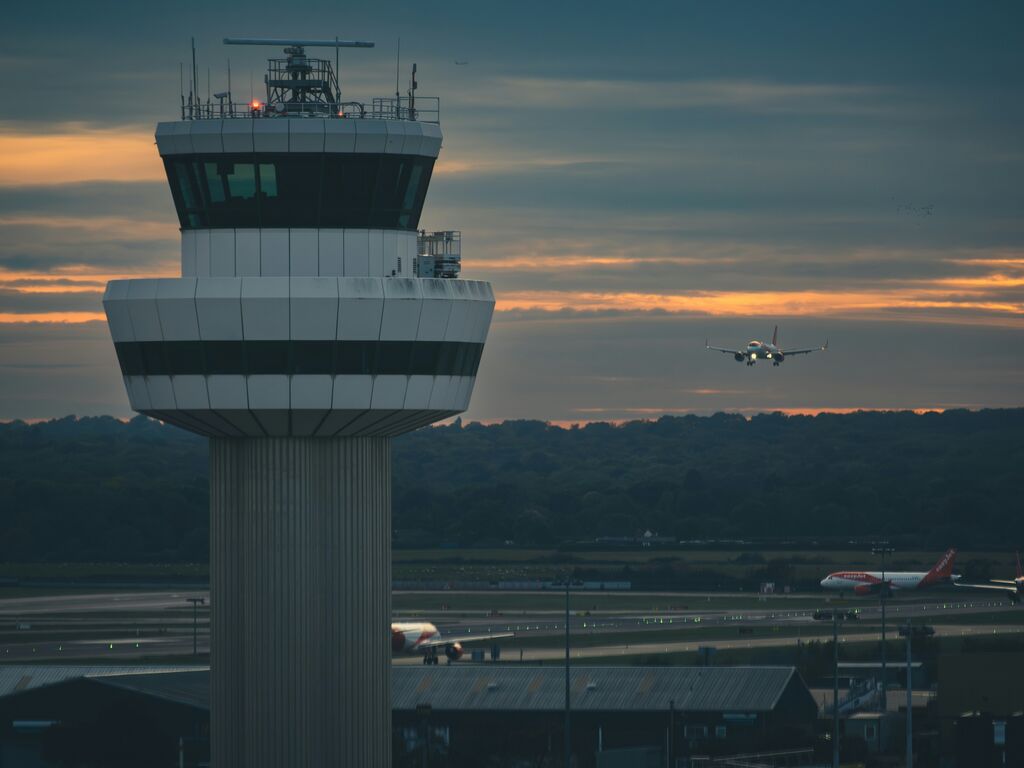
July 3–4 French ATC strike: your passenger rights explained
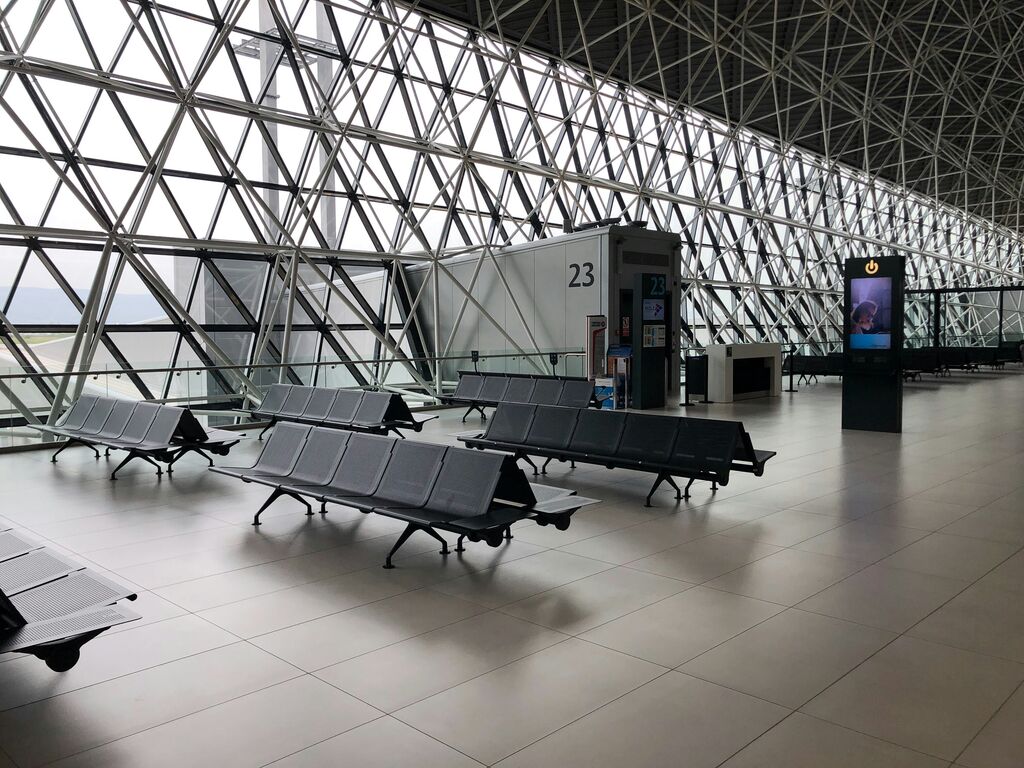
Strike at Charleroi and Brussels Airports on June 25
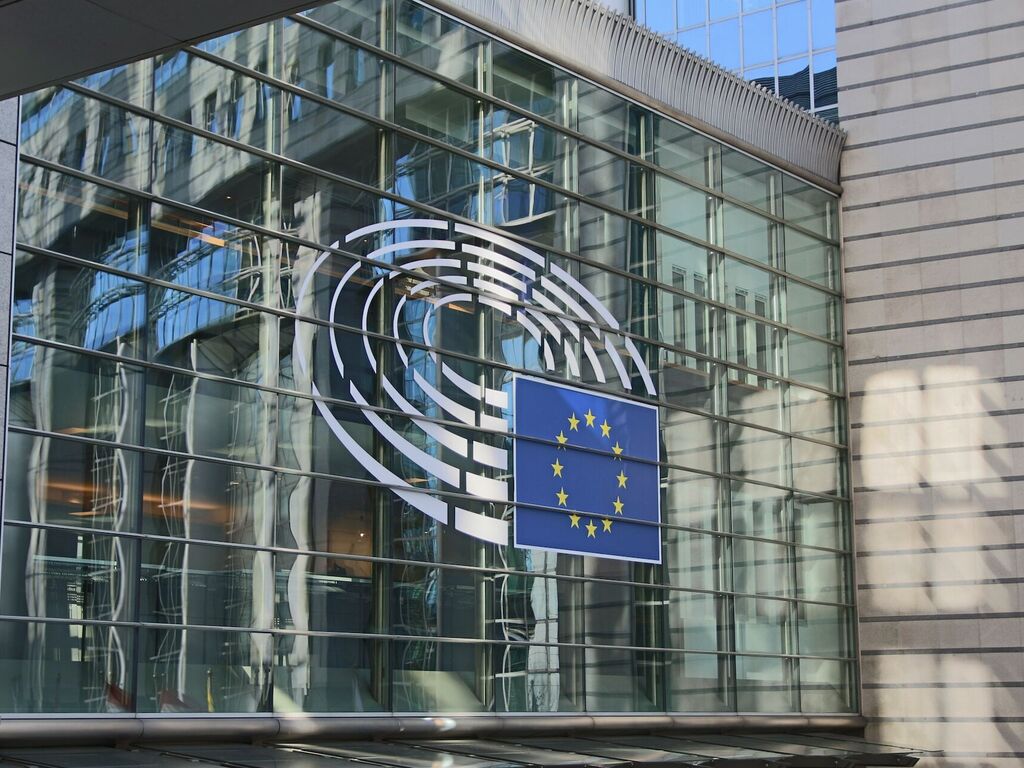
European Parliament hits back in battle over passenger rights
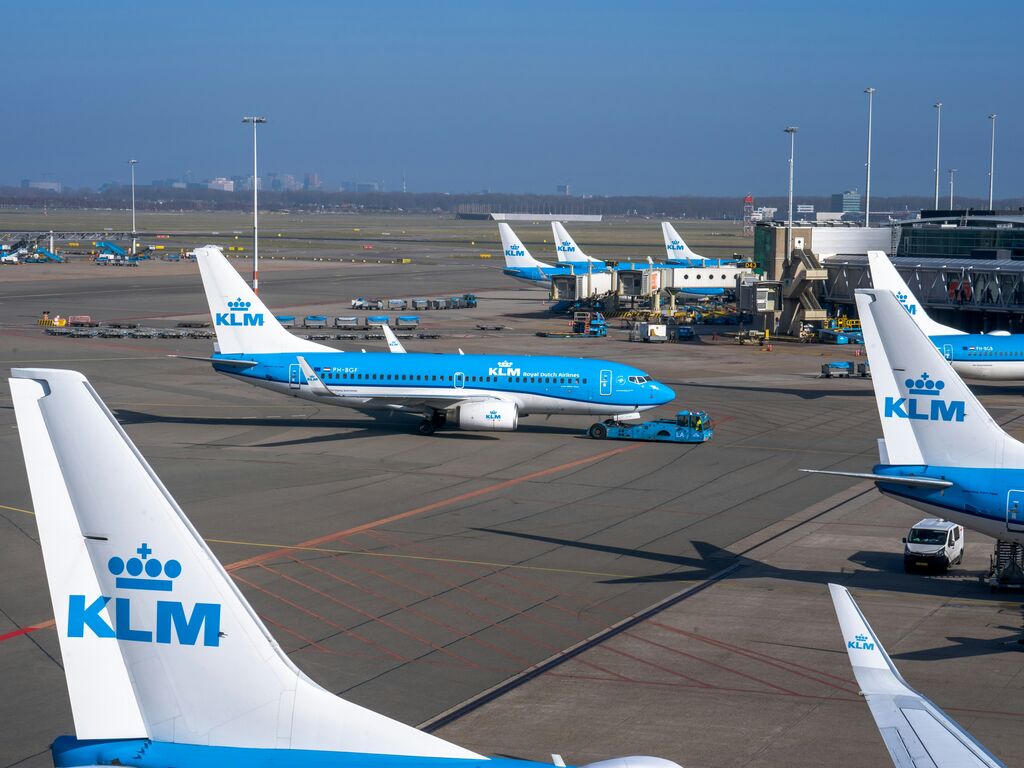
KLM ground staff considering 24-hour strike in June 2025
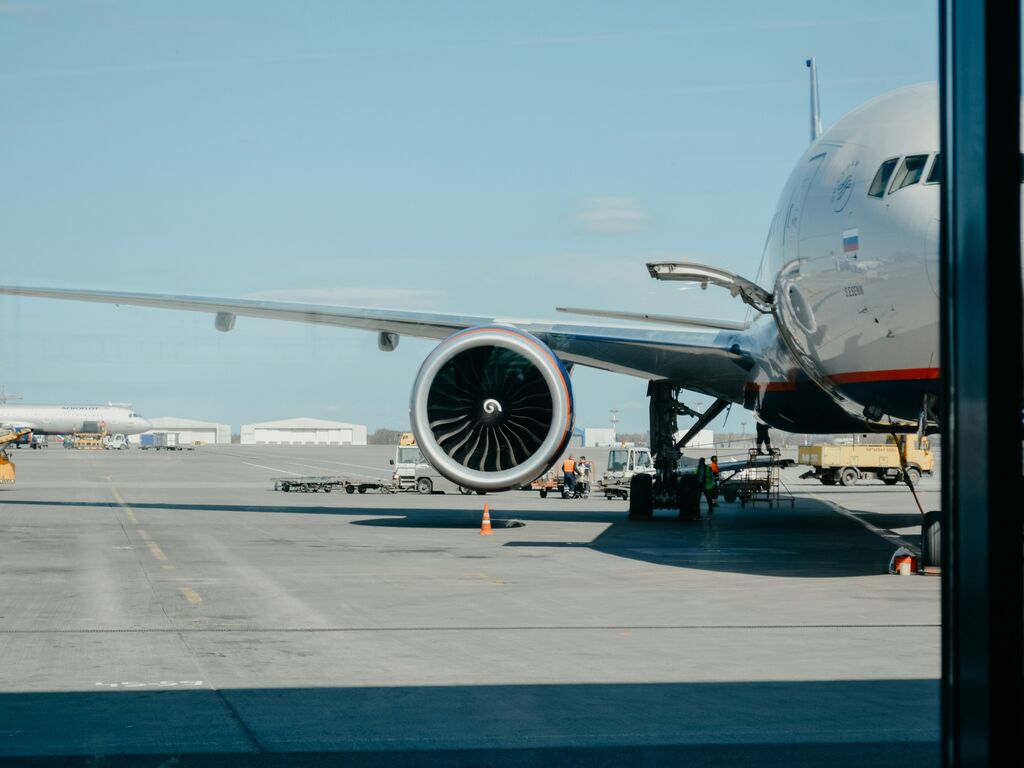
European flights disrupted after Israeli strike on Iran
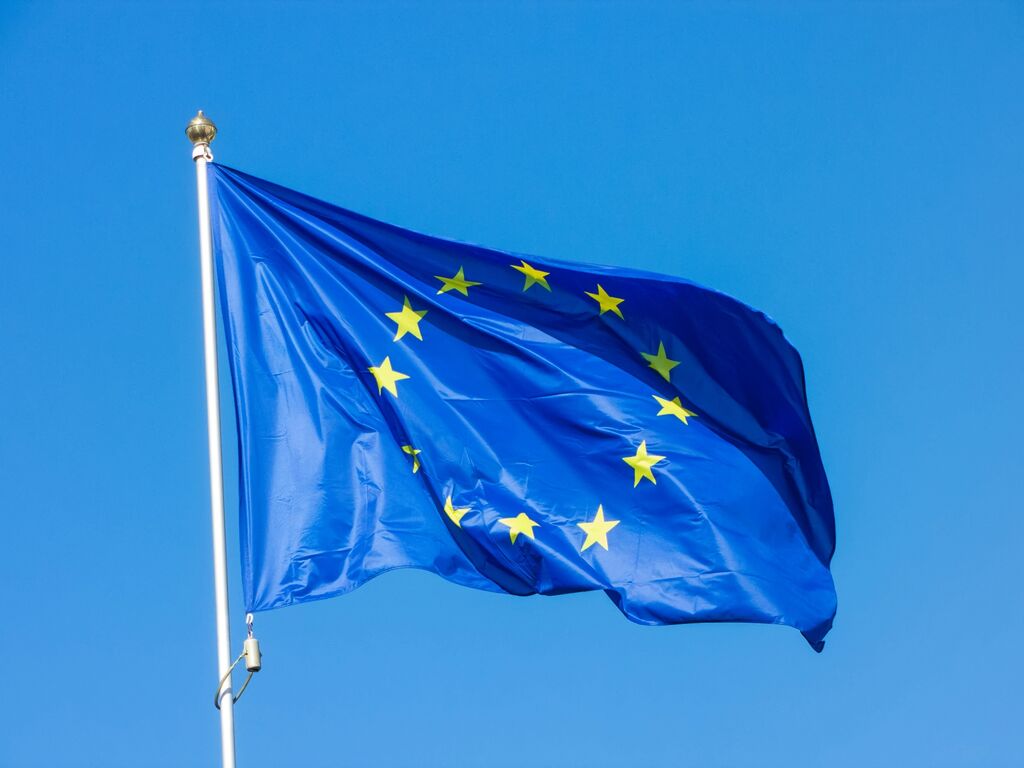
Air passenger rights in danger with new EU proposal
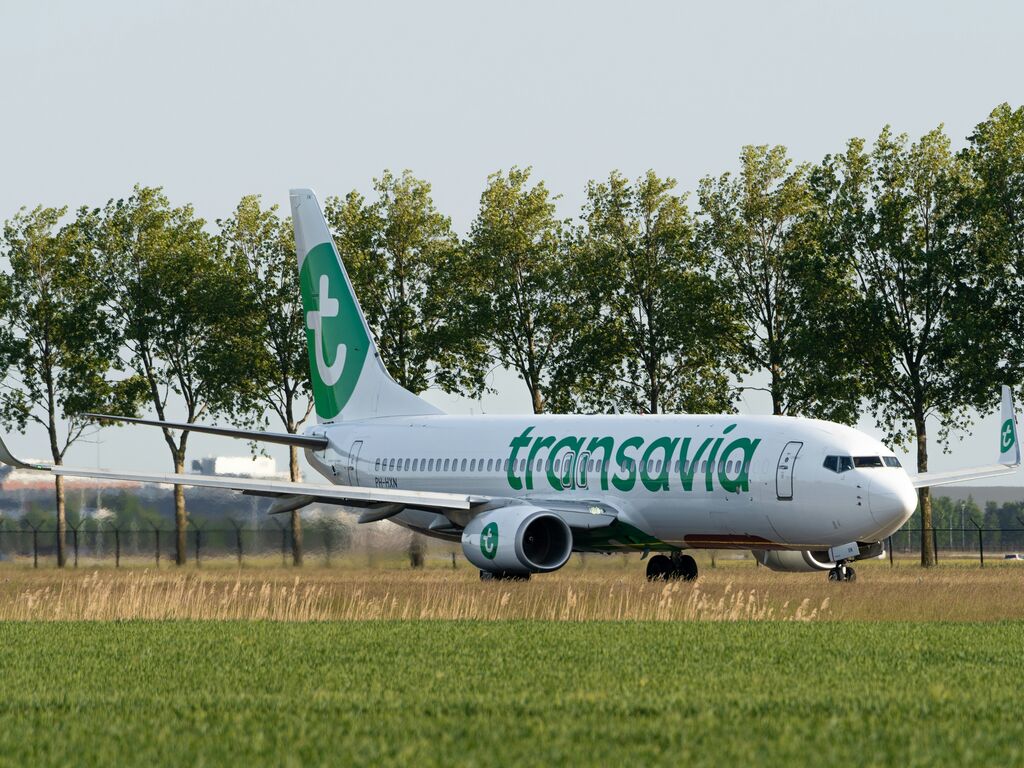
Transavia France strike from May 30 to June 1: claim your compensation
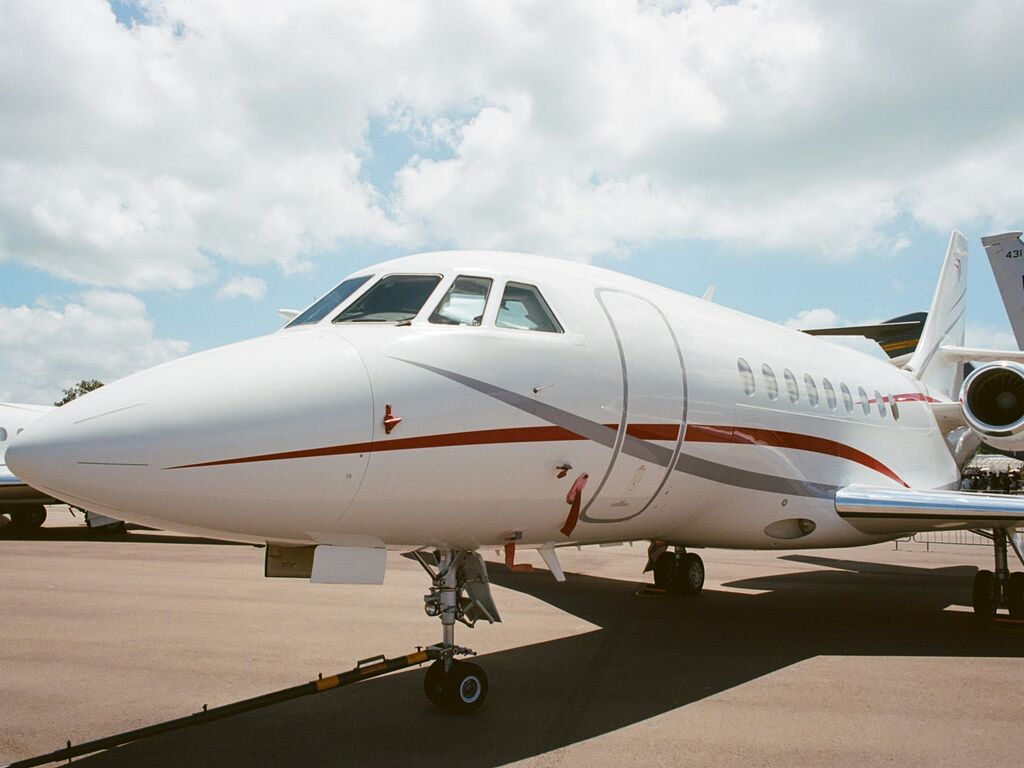
Schiphol flight delays expected during NATO Summit 2025
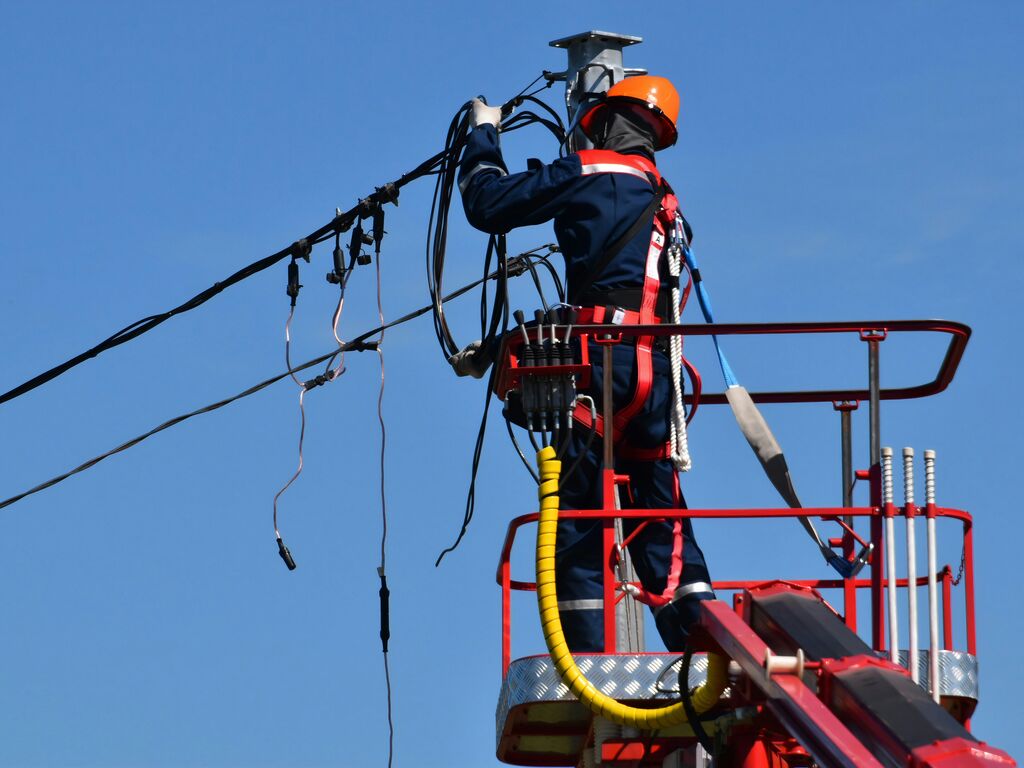
Massive power outage disrupts flights and transportation in Spain and Portugal
